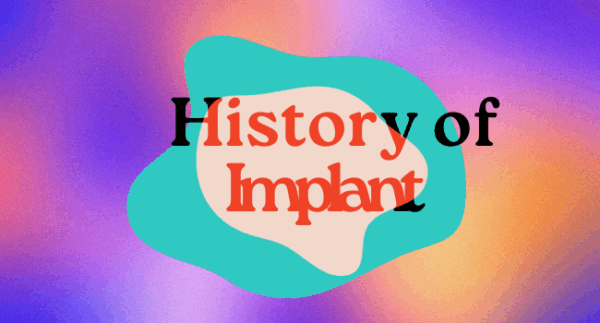Aug 14

Help Us Protect Access to Sexual and Reproductive Health Care Today!
Depot medroxyprogesterone acetate (DMPA), often referred to by the brand name, Depo Provera, or “the depo shot,” is birth control that is administered as an injection every three months to prevent pregnancy. The most common form is an intramuscular injection, which usually involves going to a health care provider — like a doctor, nurse, or…
This Contraceptive Pearl clarifies how to communicate risk to address questions regarding cancer risk for users of hormonal contraception.
Written by Alissa Akselrod PharmD Candidate 2025 and Regina Ginzburg Pharm.D., CDCES, BC-ADM In September 2025, the Food and Drug Administration (FDA) issued a warning about the potential link between the use of acetaminophen during pregnancy and the development of autism.1 However, the American College of Obstetricians & Gynecologists (ACOG) and the American Academy of…
Written by Julia Ellis-Kahana, MD and Mollie Nisen, MD Effective management of pain during uterine aspiration is critical for patient autonomy, satisfaction and safety.1 A patient’s experience of pain is influenced by a combination of distinct physical, emotional, and social factors. Therefore, a multimodal approach, guided by shared-decision making, and incorporating both nonpharmacologic and pharmacologic…
Written by Evan Fu, PharmD Candidate 2025, and Regina Ginzburg, Pharm.D., CDCES, BC-ADM Opioid use has increased dramatically over the last two decades, including among people of reproductive age. The number of pregnant people with opioid use disorder (OUD) presenting to the hospital at labor and delivery quadrupled between 1999 and 2014.1 A recent data analysis…
Written by Crystal Lai, PharmD Candidate 2025 & Regina Ginzburg, Pharm.D., CDCES, BC-ADM Benzodiazepines are a class of medications indicated for generalized anxiety disorder, seizures, and insomnia. These drugs end in “lam or pam,” such as alprazolam, lorazepam, diazepam, or clonazepam.1 Despite their potential to cause serious adverse effects and potential for abuse, 5% of people…
Written by Sophie Renaud MD, Frank Jackson DO Severe hemorrhage remains one of the most life-threatening complications after miscarriage and abortion, yet treatment options beyond uterotonics and hysterectomy are limited. The Jada device is currently the only approved vacuum device for uterine hemorrhage, but it was only studied for use in immediate postpartum hemorrhage in…
Written by C. Peony Khoo, MD, IBCLC Nearly 60% of abortions in the U.S. reported in 2022 were among people who had had at least one prior live birth.1 Given this high proportion of parents seeking abortion, a subset of these people may be nursing. Furthermore, certain contraceptive methods, such as fertility awareness, may be…
Written By Anita Mutti, MD and Lori Atkinson, MD Patients using mifepristone and misoprostol or misoprostol-alone for management of early pregnancy loss (EPL) or medication abortion (MAB) are expected to have a bleeding phase.1 While these treatments are very safe and effective, a common concern includes excessive bleeding. It is imperative to counsel your patients…
Written by Lily Van Tongeren, MD and Maya Bass, MD MA FAAFP During options counseling and abortion care, clinicians and support staff are often asked challenging questions about the abortion process. These inquiries can range from scientific to deeply spiritual in nature. Questions such as “Is there a heartbeat?” and “Does the baby feel pain?”…
Your gift allows us to train and support health care providers across the United States so they can offer patients compassionate and comprehensive care.
Aug 14
